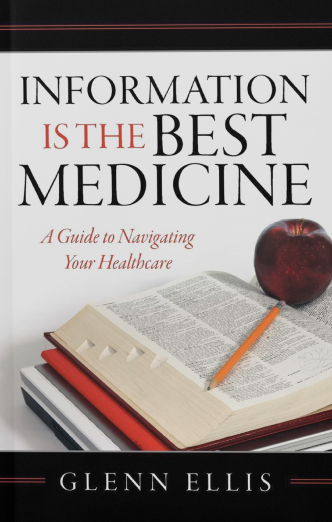A deadly disease is set to hit the shores of the US, UK and much of the rest of the northern hemisphere in the coming months. It will swamp our hospitals, lay millions low and by this time next year between 250,000 and 500,000 worldwide will be dead, thousands of them in the US.
Despite the best efforts of the medical profession, there’s no reliable cure, and no available vaccine offers effective protection for longer than a few months at a time.
If you’ve been paying attention to recent, terrifying headlines, you may assume the illness is the Ebola virus. Instead, the above description refers to seasonal flu – not swine or bird flu, but just your regular garden variety influenza. Flu activity is increasing in the United States with most states reporting widespread influenza activity.
As we stare with horror at the ravages of Ebola, it is easy to overlook an old familiar foe: the flu. Ebola has claimed fewer than 4,000 lives globally to date, none in the United States. Flu claims between 250,000 and 500,000 lives every year, including over 20,000 in the United States – far more American lives than Ebola will ever claim.
Influenza viruses cause respiratory illness that can be mild or very severe. Common symptoms are fever/chills, muscle aches, cough, sore throat, headache and runny or stuffy nose. “Stomach flu” which is caused by bacteria, parasites and viruses, is often confused with influenza. Common stomach flu symptoms, nausea, vomiting, diarrhea are not the primary symptoms seen in influenza.
Influenza virus types A and B are making their ways to the United States from Asia. Flu season officially began this month and will go through May. In its wake it will leave millions sick and from 10,000 to 40,000 dead, 90% of whom will be 65 or older.
Influenza is transmitted by air. Airborne diseases are much easier to contract than fluid-borne illnesses such as Ebola. Heavy breathing, coughing or sneezing is all that is needed to spread influenza virus and infect others (or become infected.)
Ebola symptoms that mirror flu include fever, muscle aches, nausea and general weakness. But most flu sufferers also have cough, runny nose, scratchy throat, very congested, which can help differentiate the two illnesses early on.
The current Ebola 2014 virus is mutating at a similar rate to seasonal flu (Influenza A). This means the current Ebola outbreak has a very high underlying rate of viral mutation. The bottom line is that the Ebola virus is changing rapidly, and in the intermediate to long term (3 months to 24 months), Ebola has the potential to evolve. Science cannot predict exactly what the Ebola virus will look like in 24 months. It could evolve into the flu virus.
Since Ebola’s first symptoms resemble that of the flu, fears about Ebola could drive an influx of patients to doctors and emergency rooms with flu symptoms, who might otherwise have stayed home.
You know from whom we have more to fear than some person returning from Liberia?
The person who doesn’t wash his or her hands before handling the serving ladles at the buffet establishment!
You want to protect yourself? Cover up your mouth. 
In their song “Express Yourself,” the Staple Singers said, “You keep talking ’bout the president won’t stop air pollution: put your hand on your mouth when you cough – that’ll help the solution”?
Same thing goes in this instance. If you want to increase your chances of staving off or not spreading illnesses, put your hands on your mouth when you cough, wash your hands frequently.
You know from whom we have more to fear than some person returning from Liberia?
The person who doesn’t wash his or her hands before handling the serving ladles at the Golden Corral and other fine-dining buffet establishments
Ebola is serious, absolutely. But for most Americans, the things most likely to threaten us are right in front of us. So look both ways before you cross the street. Take your blood pressure pills. Eat an apple instead of potato chips.
